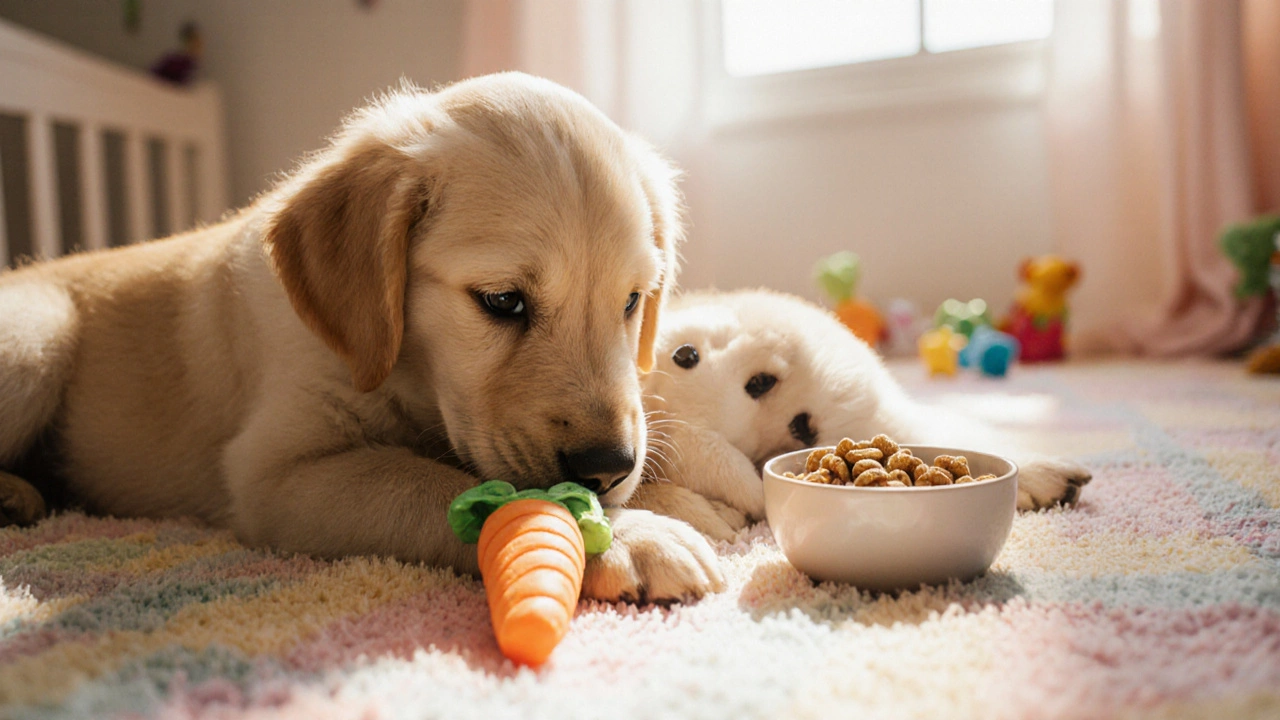Puppy Development Stages – What Every New Owner Should Know
When caring for Puppy Development Stages, the series of physical, mental, and social milestones a puppy experiences from birth to adulthood. Also known as puppy growth phases, it helps you plan feeding, training, and health checks. puppy development stages are not just a timeline; they are a roadmap that tells you when a puppy’s senses sharpen, when social skills form, and when muscle strength peaks. In the neonatal period the eyes are closed and the tail wags in reflexes only. By the transitional stage the pup starts to see, hear, and explore its littermates, laying the groundwork for later learning. The socialisation window, usually between 3 and 14 weeks, is when exposure to people, sounds, and other animals shapes confidence. Finally the juvenile phase brings longer attention spans and the ability to learn complex commands. These milestones encompass physical growth, require proper nutrition, and influence behaviour, making the stages a core reference for any dog owner.
Key Related Milestones and How to Support Them
One of the first practical challenges many owners face is Puppy Potty Training, teaching a young dog to eliminate in the right place at the right time. Success here hinges on consistency, a predictable schedule, and reading your pup’s signals. A solid pot‑training foundation often overlaps with the early socialisation window, because a calm, confident pup learns faster. Another critical piece is Puppy Sleep Schedule, the routine that ensures adequate rest for healthy brain and body development. Puppies need 18‑20 hours of sleep, broken into short naps and a longer nighttime stretch. Setting a consistent bedtime, using a crate or comfortable bed, and limiting late‑night play all help cement a reliable sleep pattern. Nutrition also plays a starring role; Puppy Nutrition, the balanced intake of proteins, fats, and essential nutrients tailored to a growing dog fuels muscle growth, brain development, and immune health. Choosing a high‑quality puppy food and feeding on a regular schedule aligns with the juvenile stage when growth rates peak.
Putting these pieces together means you’ll see a clear cause‑and‑effect chain: proper puppy development stages guide when to start potty training, when to lock in a sleep routine, and when to adjust diet for rapid growth. As you move from the neonatal to the juvenile phase, expect your pup to become more independent, eager to explore, and ready for basic commands like sit and stay. Keep an eye on energy levels—if a puppy seems overly tired, it might need more rest or a tweak in feeding. Conversely, a restless pup may be missing enough mental stimulation or exercise. By understanding each stage’s requirements, you can tailor your care plan, avoid common pitfalls, and build a strong bond that lasts a lifetime. Below you’ll find a curated selection of articles that dive deeper into each milestone, offering step‑by‑step guides, troubleshooting tips, and expert advice to help you navigate the exciting journey from wobbly newborn to confident adult dog.
Posted By Bryndle Redding On 11 Oct 2025 Comments (0)
What Age Is the Hardest for a Puppy? A Practical Guide
Discover why the 8‑12 week period is the toughest for puppies, how adolescence adds a second challenge, and get actionable tips to ease each stage.
READ MORE